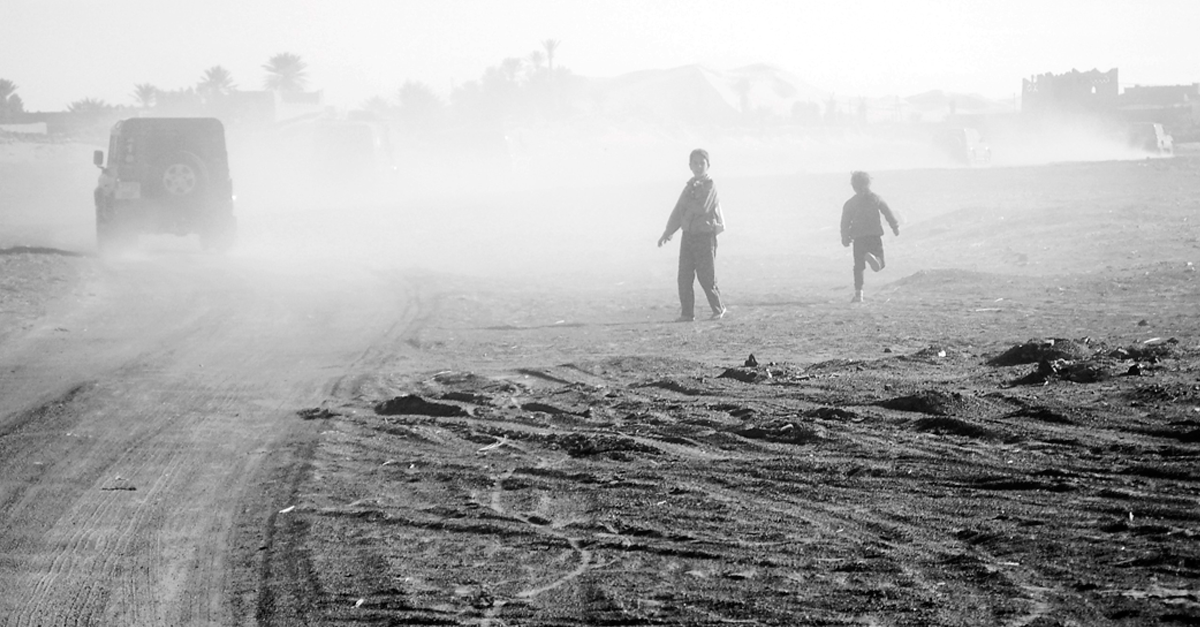In the mid-twentieth century, during times of civic and social reconstruction of the societies traumatized by the Second World War, the bleak situation in which people in psychiatric hospitals lived and the therapeutic inefficacy of mental health care systems were highlighted. There were ethical and technical reasons to propel reforms that would seek the development of a more efficient therapeutic and social model for people affected by psychic suffering that would respect their dignity.
The professional, social, and political awareness of this situation has extended to all Western countries and has stimulated health service and system reforms consistent with community treatment, the fight against stigma and the social reintegration of patients1. International entities such as the World Health Organization have encouraged countries to formulate specific laws for this purpose and to reorganize care strategies, both in the health sector and in the legal frameworks that deal with the various disadvantages faced by people with mental health problems. Responding to such recommendations continues to be quite a challenge, especially in the increasingly authoritarian times many countries are experiencing.
In the Ibero-American context, plans for fiscal adjustment and the reduction of public investment have exacerbated inequities and aggravated processes of stigmatization and exclusion2,3. Issues like race, gender, and other social markers in the production of inequality in mental health gain relevance in the articulation of experiences of mental health promotion and care. Clearly, there are repercussions of mental disorders in the reproduction of cycles of exclusion and poverty in many families, as well as interrelationships between mental health and violence.
The persistence of a mortality gap for people with severe mental health problems from around the world must not be forgotten, with the elimination of this excess mortality included among the challenges for the millennium4,5. The facilitation of access to the mental health system, the care of physical health and the fight against medicalization of mental suffering could contribute to the reduction of this gap.
In the scientific field, there are still gaps in the knowledge about some practices, as well as a lack of evidence regarding the efficacy of the application in low and middle-income countries of strategies that have proved to be beneficial in central countries. Culturally sensitive and sustainable practices need to be further studied and included in training programs to develop specialized human resources.
The care of people with mental health problems requires health system and service reforms to build up proper mental health care. The challenges of the present moment continue to be immense. It is important to know the morbidity and mortality of people with serious mental health disorders, for the purpose of designing public policies to target problems with alcohol and other drugs as well as public policies of employment, education, and social security for those with mental disorders to complete the care network offered by health services. We also need to confront the worldwide trend of turning social failure into a mental health problem. The viral pandemic that we are experiencing has exposed the fragility of our health and social services and certified the inequality and precariousness of the living conditions of many people.
This collection of articles, published in the journal Salud Colectiva as part of the open call for papers “Mental health and human rights: challenges for health services and communities,” includes articles from Spain,6,7,8 Brazil,9,10,11,12 Mexico,13 and Chile.14,15 These papers present conceptual experiences and reflections on community action plans and programs, contributing toward better knowledge and development of mental health in the region











